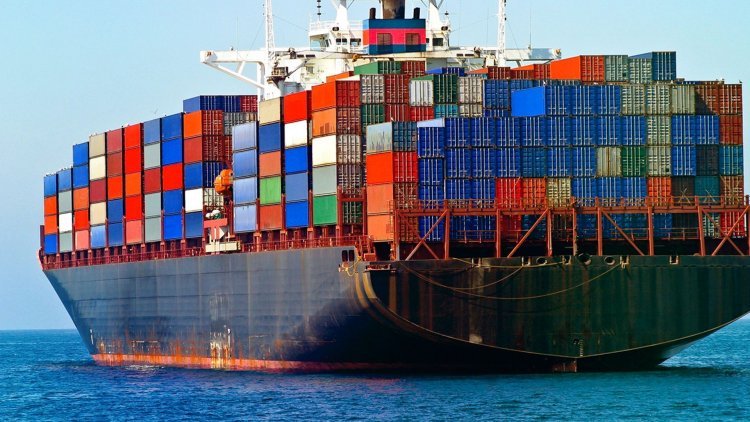Global shipping growth is threatened by the economic downturn, according to UNCTAD
Following a year marred by Russia's invasion of Ukraine and skyrocketing prices, the top investment banks in the world anticipate a further slowdown in global economic development in 2023.

According to the U.N. organisation UNCTAD, the pace of global shipping activity is expected to slow down in 2019 as economic unrest, the crisis in Ukraine, and the pandemic's effects deteriorate trade prospects.
Following a year marred by Russia's invasion of Ukraine and skyrocketing prices, the top investment banks in the world anticipate a further slowdown in global economic development in 2023.
Although tanker freight rates would remain high, the downturn is anticipated to have an impact on shipping, which transports more than 80% of all global goods.
The United Nations Conference on Trade and Development (UNCTAD) predicted that the growth of global maritime trade will reduce to 1.4% this year and remain at that level in 2023 in its Review of Maritime Transport for 2022.
Compared to a 3.8% fall in 2020, growth of 3.2% is predicted for 2021 and an overall cargo volume of 11 billion tonnes.
According to UNCTAD, growth is expected to average 2.1% per year from 2023 to 2027, which is lower than the previous three-decade average of 3.3%. The organisation added that "downside risks are weighing heavily on this prediction."
According to the UNCTAD report, "the recovery in maritime transport and logistics is now at risk due to the conflict in Ukraine, the pandemic's persistent hold, lingering supply-chain constraints, China's cooling economy and zero-COVID policy, along with inflationary pressures and the squeeze on cost of living.
The consequences of lockdowns were also a factor, and a rise in consumer spending in 2021 pushed container shipping markets to new highs with ports backed up all around the world.
The chances of strike action in ports and hinterland transportation have increased, UNCTAD stated, adding that the "logjam in logistics will evaporate with the rebalancing of demand and supply factors."
Investment in maritime supply chains was urged by UNCTAD in order to better prepare ports, shipping fleets, and hinterland connections for upcoming global crises, climate change, and the switch to low-carbon energy sources.
Rebeca Grynspan, the secretary general of UNCTAD, told reporters that "we need to be better prepared to cope with shocks to global value chains."




 admin
admin 




















